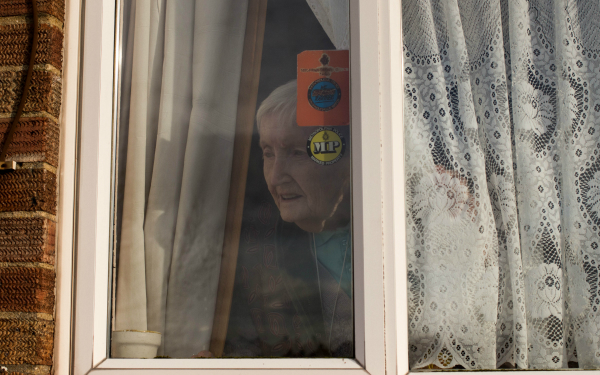
Major home care providers are withdrawing from publicly-funded social care due to a “severe squeeze” on the fees paid by councils, market experts have warned.
A Laing Buisson report pointed to the exit of Care UK and Saga from the publicly-funded home care sector, as evidence of the issue. It also highlighted the operating losses tabled by home care divisions of Mears and Mitie, and an analysis of eight private providers that showed dwindling profit margins.
The analysts found providers were increasingly shifting more of their business to the privately-funded care market as this was “buoyant” and typically offered higher fees than councils.
However, they warned the sector still had a dependency on public sector commissioners, with more than two-thirds of care (69%) purchased by local authorities or the NHS.
Report co-author, Eleni Giatsi, said this dependency was “alarming” given local authority gross spending on social care had fallen by 8% in real terms since 2010 and a “cocktail” of financial pressures, staff shortages and quality issues had left the market fragile.
She said: “At the same time however, local government and the NHS have started to view the provision of care and support services within peoples’ own homes as a level for achieving integrated care and providing better care. What’s more, private individuals are increasingly exploring home care as an alternative to moving into residential care.
“This is a genuine ‘make or break’ moment for the home care sector – either it will succumb to the pressures of a bust, price driven, ‘time and task’ model and deteriorate further into a low quality product – or forward looking commissioners and providers will seize the opportunity to develop sustainable, outcome-based business models delivering integrated home care services across the boundaries of social and health care.”
Colin Angel, policy and campaigns director at the UK Homecare Association said Laing Buisson’s research reinforced evidence of a “worrying gap” between state-funded and self-funded care.
“Councils remain the majority purchaser for home care in much of the country, and their commissioning behaviours impact disproportionately on the local market.
“We are already beginning to see further consolidation in the sector with state-funded suppliers reducing their branch network and exiting from unsustainable contracts, with some smaller providers supplying to councils selling-up or closing their doors.”


 Bournemouth, Christchurch and Poole
Bournemouth, Christchurch and Poole  Hampshire County Council
Hampshire County Council  Lincolnshire County Council
Lincolnshire County Council  Norfolk County Council
Norfolk County Council  Northamptonshire Children’s Trust
Northamptonshire Children’s Trust  South Gloucestershire Council
South Gloucestershire Council  Wiltshire Council
Wiltshire Council  Wokingham Borough Council
Wokingham Borough Council  Children and young people with SEND are ‘valued and prioritised’ in Wiltshire, find inspectors
Children and young people with SEND are ‘valued and prioritised’ in Wiltshire, find inspectors  How specialist refugee teams benefit young people and social workers
How specialist refugee teams benefit young people and social workers  Podcast: returning to social work after becoming a first-time parent
Podcast: returning to social work after becoming a first-time parent  Podcast: would you work for an inadequate-rated service?
Podcast: would you work for an inadequate-rated service?  Family help: one local authority’s experience of the model
Family help: one local authority’s experience of the model  Workforce Insights – showcasing a selection of the sector’s top recruiters
Workforce Insights – showcasing a selection of the sector’s top recruiters 

 Facebook
Facebook X
X LinkedIn
LinkedIn Instagram
Instagram
Comments are closed.